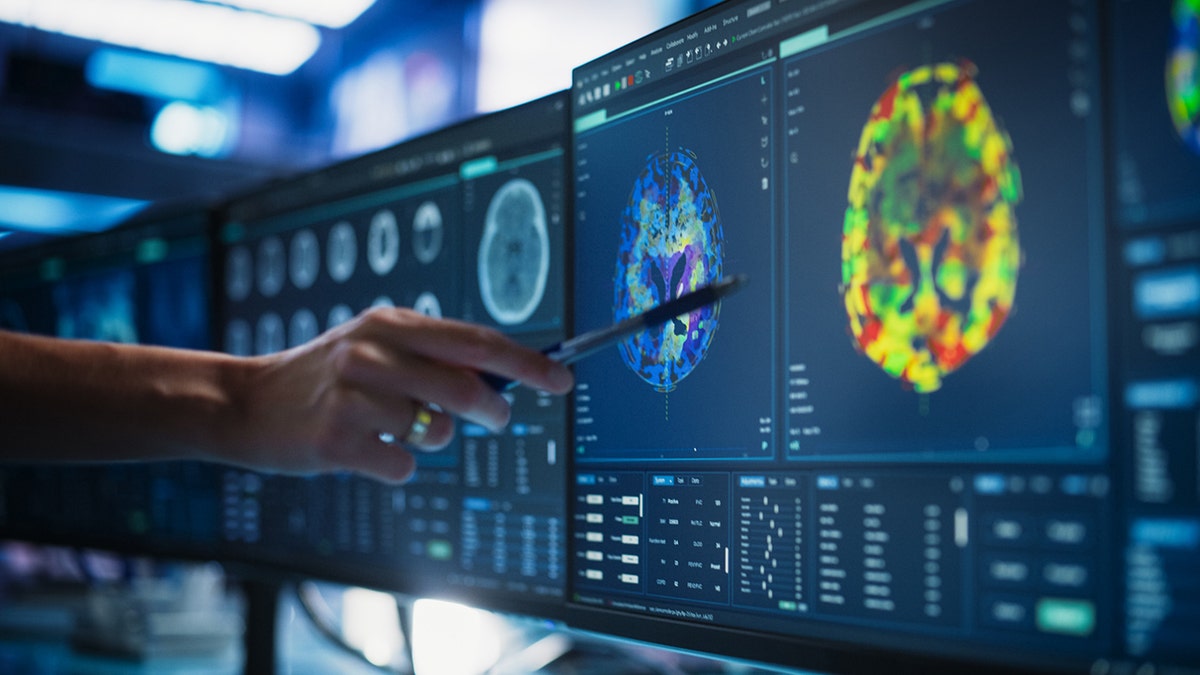Even the days when energy remains, exercise can give the brain a boost.
This is according to researchers at the University of Missouri (Mizzou), who made a specific discovery about the brain benefits of physical activity.
The study, published in Physiology magazine, examined what happens with the brain of individuals who have limited ketone production to the liver.
Dance can help relieve cancer -related side effects, early data are displayed
When the body is low in glucose, its usual fuel, the liver produces ketones, which help to generate energy and feed the brain, according to the study statement.
These molecules support cognitive memory, learning and general brain health.
Researchers have discovered exercise can increase brain power in a new way. (Istock)
Even when the liver cannot produce enough ketones, exercise helps to make up for this loss, potentially reversing a cognitive fall, found researchers.
This is especially predominant as people grow older and have a higher risk of conditions such as Alzheimer’s disease.
The risk of dementia connected to hospital visits related to cannabis, according to the study
These findings are also promising for those who have liver conditions that prevent the body from producing ketones.
The co-investigator of the main study R. Scott Rector, doctor, professor at the School of Medicine and director of the Nextgen Precision Health Building, commented on the study in an interview with Fox News Digital, saying that the natural production of ketones in the body is important in keeping the brain healthy.

Even when the liver cannot produce enough ketones, exercise helps to make up for this loss, potentially reversing a cognitive fall, found researchers. (Istock)
“It helps maintain the memory, learning skills and health of the energy factories of the brain (mitochondria),” he said.
“Exercise can still protect the brain even when the liver does not ketones, which can be relevant to people with liver diseases, which causes a small ketone production.”
These findings were amazing for researchers, according to Rector, who hoped that exercise would not improve brain health when ketone production was limited.
“Exercise can still protect the brain even when the liver does not make ketones.”
“However, it seems that exercise has a backup that improves brain health, even when ketone production is committed,” he said.
Another lead researcher, Taylor Kelty, a postdoctoral fellow at Rector’s Lab, said that previous investigations have begun to show the bond between severe liver dysfunction and a high risk of dementia.

The results of the study are promising for those who have liver dysfunction and have a higher risk of cognitive decrease with age. (Istock)
“If ketone production in the liver is interrupted, it could be a potential cause of cognitive decrease, leading to conditions such as dementia,” Kelty said in the statement.
These findings reinforce the role of exercise in keeping people “mentally acute”, as well as being a “key piece of puzzle in the preservation of brain health as we grow old,” according to the researcher.
Click here to register -you are in our health newsletter
Rector said that active exercise “many other ways” to the liver that could also help the brain, although it was not a focus of this study.
“In the future, we need to study these other molecules and backup systems that still increase brain health,” Fox News Digital told Fox.

“Scientists find more and more evidence than liver health affects brain diseases such as Alzheimer’s disease,” said Rector. (Istock)
“The brain health benefits of exercise are especially important for those who have liver conditions such as the Masld (steetotic disease associated with metabolic dysfunction),” added rector.
Click here to get the Fox News app
“Scientists find more and more evidence than liver health affects brain diseases such as Alzheimer’s disease,” he said.
“Scientists find more and more evidence than liver health affects brain diseases such as Alzheimer’s disease.”
“Our results suggest that taking care of the liver and understanding ketone metabolism could be a new way to help prevent or slowing brain diseases.”
For more health items, visit www.foxnews.com/health
The research was funded by national health institutes as part of the Molecular NIH transducers of the Physical Activity Consortium.
#Researchers #discover #exercises #prevent #cognitive #decrease
Image Source : www.foxnews.com
